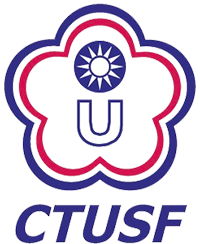Latest Articles
Author:Yen-Chun Lin;Li-Wen Hsieh
Period/Date/Page:No. 171 (2025/03),Pp. 1-10
DOI:10.6162/SRR.202503_(171).0001
Relationship Between the Olympic System and Governance of Esports Organizations
Abstract:With the rapid development of digital technology, Esports has emerged as a globally significant industry with considerable economic potential. International sports organizations are also increasingly recognizing the importance of Esports and holding global competitions, indicating that Esports is gradually becoming mainstream. However, in addition to regulation, the core functions of international sports governing bodies encompass ensuring fair competition, protecting athletes' rights, and promoting principles of sportsmanship and integrity. This article aims to examine the current state of international and Taiwanese Esports organizations, and to use stakeholder theory to establish the relationship between the Olympic system and governance of Esports organizations. Results show that the International Olympic Committee (IOC) remains cautious regarding Esports, particularly in the absence of an IOC-recognized international Esports governance body. The International Esports Federation and the Global Esports Federation are two principal international Esports governing bodies, neither of which is currently recognized by IOC. In recent years, their relationship has evolved from competition to cooperation, driven by pivotal individuals and organizations recognizing the strategic advantages of collaboration over rivalry. The Chinese Taipei Esports Association is presently the most representative Esports organization in Taiwan, but the rise of the Chinese Taipei Virtual Sports Association may pose a challenge to its status. In conclusion, integrating resources among Taiwan's Esports organizations and proposing better solutions to the governance dilemma of Esports organizations are governance guideline issues that the responsible government authorities will need to address. (Full text)



